BGS Digital data review 2021–22
BGS has undertaken a comprehensive understanding of the data ecosystem in which we operate, providing a detailed assessment of our current operating models and the options for our target operating model over the next 10 years.
18/06/2021 By BGS Press
BGS produces a wide range of data that helps to improve understanding and communication of the impact of geo-environmental properties and hazards in Great Britain, thereby improving society’s resilience and enabling people, businesses and Government to make better-informed decisions. These are provided under a balanced portfolio of open data and commercial licensing of our premium products. This approach ensures a sustainable platform to support the development of datasets and services while making our data as widely accessible as possible.
We need to continue to listen and review how we provide our data in the most effective way to maximise its potential use and ensure that users capitalise on the resources available from BGS. To help us understand how best to do this, we invested in a comprehensive review of our digital data business operations.
Why reviewed our digital data business operations
BGS is a data-rich organisation. We house an enormous amount of globally significant data, collections and information because of our heritage, research activity and contributions from the wider geoscience community. The range and quantity of our data and collections have continued to expand over decades, along with the continued need to ensure there are the correct resources to support their preservation and global access to them.
As technology rapidly develops, we must harness our potential to gather, combine and disseminate data in the most effective ways possible. BGS is instrumental in supporting a wider, multi-agency approach to address industrial and societal needs, most importantly in dealing with our changing environment.
Our vision
Our vision is to create a digital-first geoscience organisation, linking people, data, equipment and technology to make new inferences about the world around us and accelerate scientific discovery. We have a strong track record of producing innovative technological solutions to geoscience problems and early adoption of emerging technology.
We strive to be the partner of choice for geological research and innovation within our user community. We have many success stories, including providing online access to over one million borehole logs and the development of bespoke data products.
Objective
Our objective was to gain a comprehensive understanding of the data ecosystem in which we operate, providing a detailed assessment of our current operating model and the options for our target operating model over the next 10 years.
To achieve this, we completed a comprehensive series of stakeholder engagement projects – including online surveys, focus groups and 1-to-1 interviews – to understand what our external partners want from BGS digital products, to capture best practice and to understand how users wish to access and interact with our services. The responses received have helped us understand the wider impact and importance of BGS data and providing an important assessment of our data users’ needs both now and into the future.
Who is this data review relevant to?
Given the focus of the consultation, we consider it to have particular relevance to:
- our active data-user base, including our open-data users, data licensees, data reseller partners and organisations that interact with the NGDC
- all levels of local government, including county councils, unitary and other local and combined authorities
- devolved governments, government departments, non-departmental government bodies and other public sector agencies
- environmental planners, engineers, architects, consultants and technical specialists
- the infrastructure sector, including transport, energy and other utilities
- startups and small businesses, especially those currently struggling to access and use geoscientific data in their processes
- technology and data-driven or data-rich companies, and their investors
- academia and the research sector, including UKRI agencies and universities
- international data agencies, geological surveys and governance bodies
Consultation feedback
The data gathered by the stakeholder engagements programme provided useful guidance statements to the survey addressed in our enhanced principles.
- Many regard BGS as a trusted and authoritative geological survey for both baseline data and knowledge via value-add derived information products and services that are important to end-users.
- The data and information outputs BGS provide are underpinned by robust science undertaken by its knowledgeable and highly qualified staff. Any future operating model should seek to maintain this quality of service.
- Some stakeholders commented BGS has a slow cycle between survey and data capture, science and publication
- Clarity is needed around how BGS’s digital data business income supports the organisation including the balance between revenue generation and open science
- The role of BGS in supporting the endeavours of the research and commercial sectors should be clarified including our position in competitive markets
- Conversations with peer organisations reinforced the recognition that BGS operates in a very complex and unique ecosystem, where striking an appropriate balance across a multifarious stakeholder community, acknowledging legacy decisions and responding to external economic, societal and environmental factors is itself challenging. A one-size-fits-all model across peers is neither possible nor suitable, therefore individual organisations – including BGS – must adopt an approach practicable for themselves
Outcome and enhanced principles
Now completed, the digital data review generated a set of underlying principles that will guide BGS in its data and product delivery in the coming years. These are:
- Environmental Data and Information Products1 are an important and necessary route for disseminating BGS scientific knowledge and generating societal impact, and that BGS acknowledge the importance of internal science users and external stakeholder (end-user) involvement in influencing decisions in relation to these Data and Products.
- BGS adheres to the NERC Data Policy2 in making Environmental Data available openly.
- A sustainable business model is required, and revenue plays an important role as recognised by the ‘Managing Public Money’ guidance3 and the aforementioned NERC policy on licensing and charging for information, although it is not the sole or primary factor for the production and delivery of BGS Information Products. BGS will focus on primarily geological outputs and markets which could not be serviced without BGS’ involvement. BGS will develop mechanisms to identify and measure impact from both a revenue and non-revenue perspective. The BGS portfolio of product offerings will continue to retain a Mixed Model balancing both open and charged-for premium offerings that maximise benefits to science and society.
- Consistency and transparency in approach is important. A Pricing Review will aim to standardise and simplify (where possible) pricing models to differing markets and use cases.
Interested?
If you wish to hear more, please contact us at digitaldata@bgs.ac.uk
Relative topics
Related news
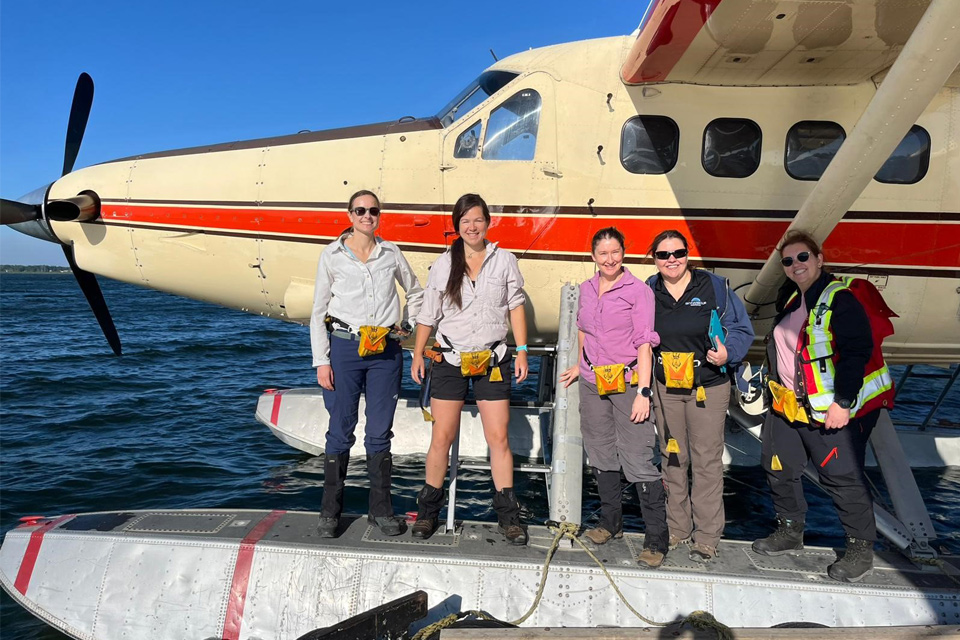
Funding awarded to UK/Canadian critical mineral research projects
08/07/2025
BGS is part of a groundbreaking science partnership aiming to improve critical minerals mining and supply chains.
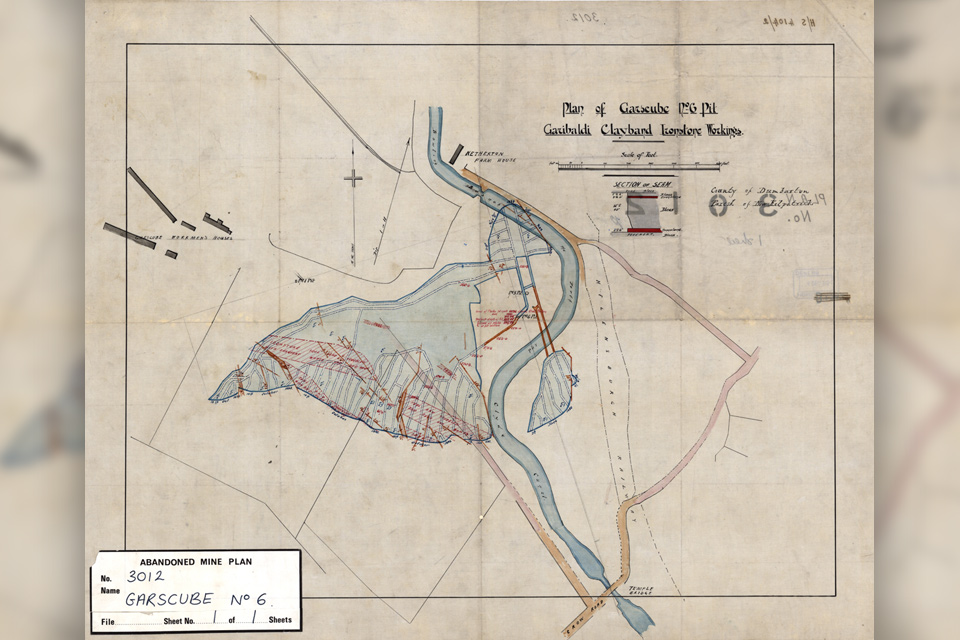
Release of over 500 Scottish abandoned-mine plans
24/06/2025
The historical plans cover non-coal mines that were abandoned pre-1980 and are available through BGS’s plans viewer.
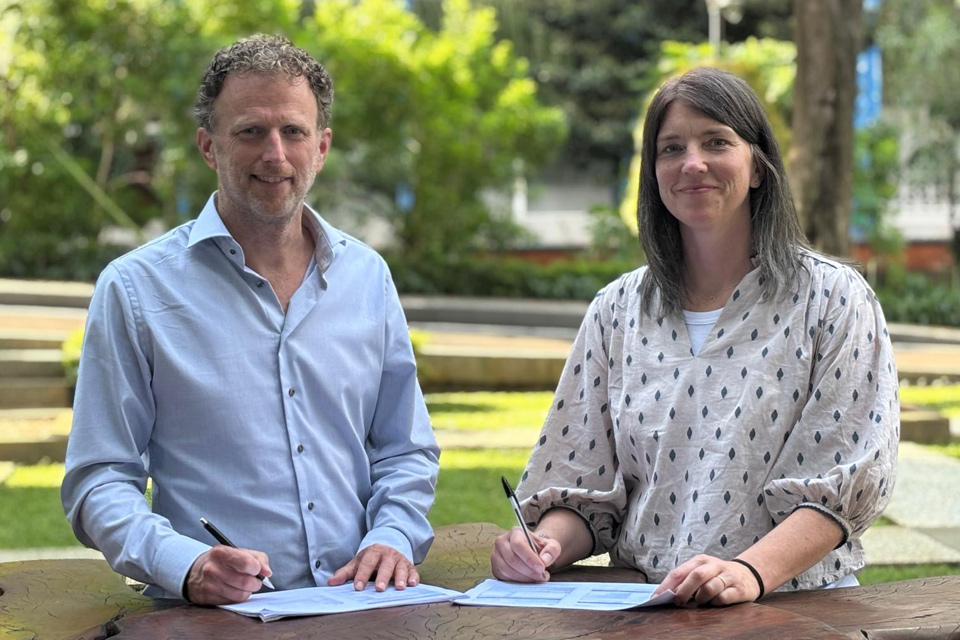
New collaboration aims to improve availability of real-time hazard impact data
19/06/2025
BGS has signed a memorandum of understanding with FloodTags to collaborate on the use of large language models to improve real-time monitoring of geological hazards and their impacts.

Modern pesticides found in UK rivers could pose risk to aquatic life
17/06/2025
New research shows that modern pesticides used in agriculture and veterinary medicines have been found for the first time in English rivers.

Goldilocks zones: ‘geological super regions’ set to drive annual £40 billion investment in jobs and economic growth
10/06/2025
Eight UK regions identified as ‘just right’ in terms of geological conditions to drive the country’s net zero energy ambitions.
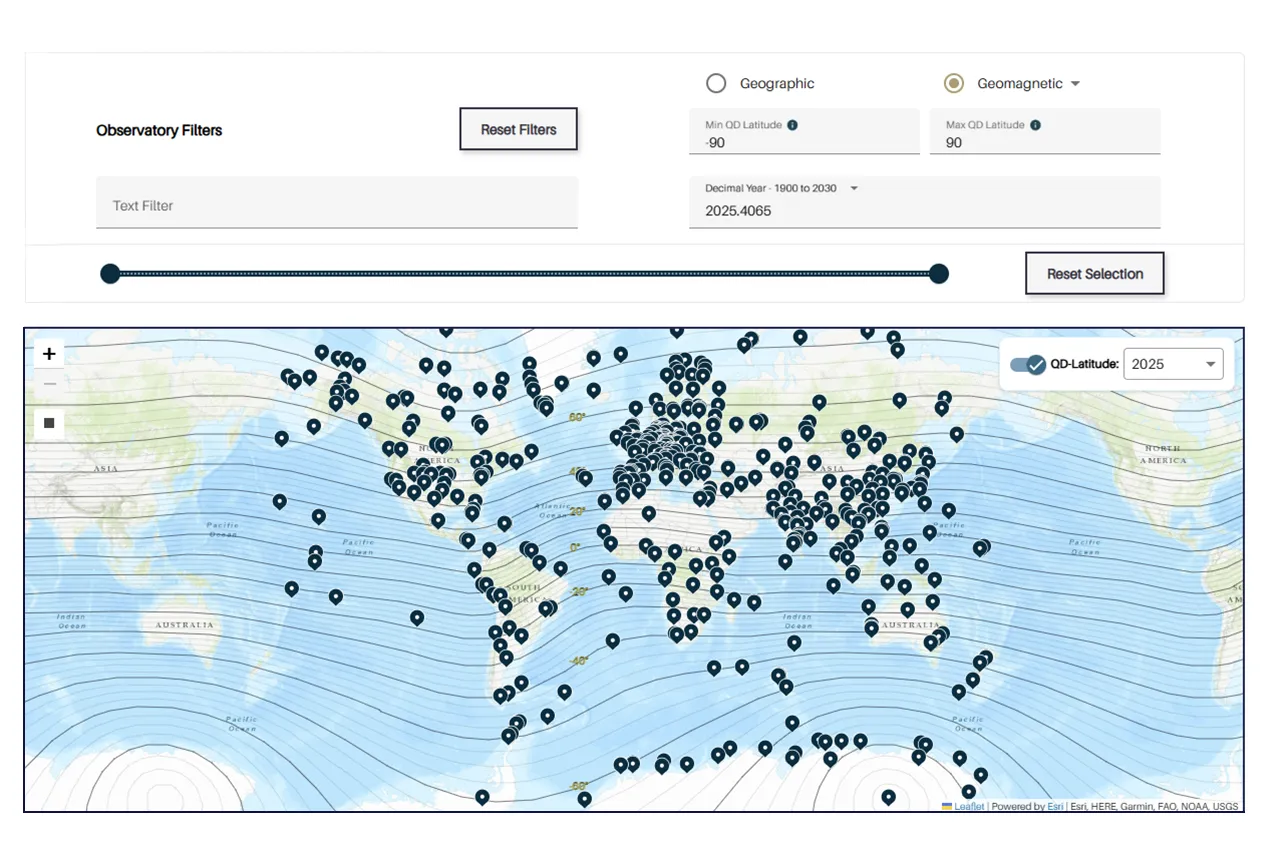
Upgraded web portal improves access to geomagnetism data
02/06/2025
BGS’s geomagnetism portal, which holds data for over 570 observatories across the world, has received a significant update.

BGS digital geology maps: we want your feedback
29/05/2025
BGS is asking for user feedback on its digital geological map datasets to improve data content and delivery.

What is the impact of drought on temperate soils?
22/05/2025
A new BGS review pulls together key information on the impact of drought on temperate soils and the further research needed to fully understand it.
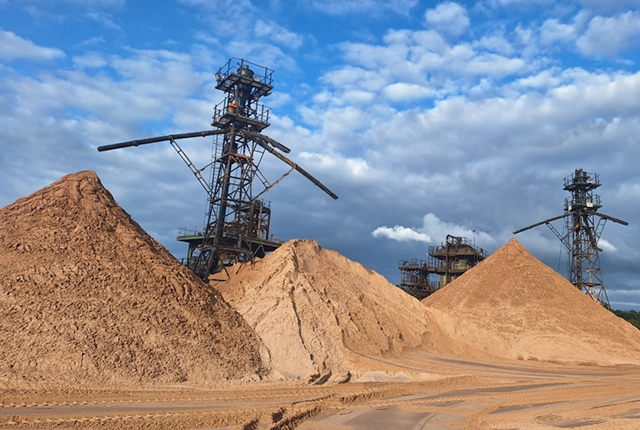
UK Minerals Yearbook 2024 released
21/05/2025
The annual publication provides essential information about the production, consumption and trade of UK minerals up to 2024.

BGS scientists join international expedition off the coast of New England
20/05/2025
Latest IODP research project investigates freshened water under the ocean floor.

New interactive map viewer reveals growing capacity and rare earth element content of UK wind farms
16/05/2025
BGS’s new tool highlights the development of wind energy installations over time, along with their magnet and rare earth content.

UKRI announce new Chair of the BGS Board
01/05/2025
Prof Paul Monks CB will step into the role later this year.

